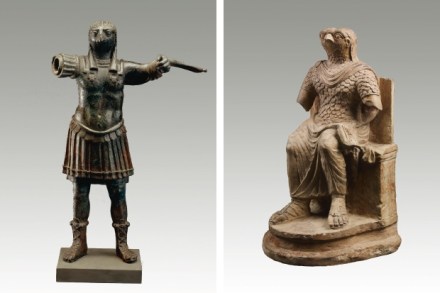Picasso was a much better sculptor than a painter
If you’re anywhere near New York soon, don’t miss the exhibition of Picasso’s sculptures at the Museum of Modern Art. It has restored my love of the great magician. As a teenager I had eyes for no one else. He was the obvious god of modern art. Almost all previous art looked boring, and not



























